
Children and college-goers return to offline classes after the pandemic sees a downward surge, yet education remains excluded to the nation's minorities and marginalised as polarising politics takes freedom of religion, expression, and dressing head-on. Also, the world ponders intervening as another war hits Europe - and here too, Indian students are stuck - waiting to be evacuated from Ukraine to come home safe and sound. Read more in this chapter of TypeRight
One of the most notable changes in the past week has to do with a change in education unseen in the last two years. Since schools, colleges and most institutions closed in March 2020 in India after the onset of the coronavirus pandemic, February 2022 marks a near pan-country return to classes and modes of teaching that are not relegated to the screens and online meetings.

While there had been staggered attempts by different states during different stages of the pandemic in the last two years, this month was markedly different.
The supreme court dismissed a plea asking for a cancellation of the offline board exams for secondary and higher secondary students:
These two years had certainly impacted education across the world, and India particularly, seeing dropout rates as high as 17% due to uneven access to internet and technology, excluding the most marginalised people.
The new hybrid mode is not much of a help either:

It is in between this state of education that the country is facing post covid, that the government, and the allies of those in power are also trying to fuel a communal fire that seems to be excluding even more people. Journalists and other experts have opined that the issue is possibly a flare-up to polarise people for the elections that have just been concluded in UP, and more elections which are set to happen in Karnataka next year.
There are many perspectives on the issue of the hijab- as some people take to 'feminist' arguments to justify the ban. But the central argument remains how one's choice to religion and clothing is also, in fact, a feminist stance. Religion and feminism needn't be mutually exclusive.

This is another interesting piece on how assertion of one's religion, and one's agency is seemingly a problem for a majoritarian or white audience. This is one instance to remember how back in the early 2000s, the US invasion of Afghanistan was also justified as a feminist cause, of women needing rescuing.

In these times, it is also interesting to look into two states bordering Karnataka where the governments have taken a clear stance on the issue:

Also, read this piece on the Economic and Political Weekly by Sundar Sarukkai from IISc Bangalore, where he underlines how multiplicities and diversities should not be left to be just the display pieces on Republic Day parades:

Last month, the MEITY (Ministry of Electronics and Information Technology) had released a consultation paper on the newly proposed India Digital Ecosystem Architecture, or the InDEA 2.0. The consultation paper is large, at a length of 98 pages, and they have asked for comments by the public latest by the 27th of February. Now, while it isn't new for the government to ask a short period for the people to react on crucial bills (EIA Amendment in 2020, for example), the rather technical nature of the document doesn't make it easier. Our friends at the Internet Freedom Foundation have shortened the large document into a nine-page summary and it can be found here.
Comments on the same can be sent to Dr. Ajai Kumar, Sr. Director, CDAC Pune & Member Convener of the WG at ajai@cdac.in
As Europe sees war with the Russian invasion of Ukraine, Indian Media has rather interesting takes on the issue. Compiling some of them, as this Twitter user notes:
In the first invasion of a European nation since the second world war, the country's inhabitants are trying to escape. Over 15,000 Indian students are stranded in Ukraine, says reports. Students had to take to social media to highlight the plight they were facing and coordinate relief and evacuation efforts.
Several articles point out as to why there are so much Indian students in ex-soviet countries like Ukraine:
Let's not also forget the role Ukraine, or its various innovators play in our everyday lives:

But of course, this shouldn't be any reason to oppose a foreign invasion on autonomous territory. The famous hacker group, who gained popularity during the 2008 Occupy Wall Street Protests are back again with messages on Ukraine:
Now, while the international media is- and rightfully so- focusing on Ukraine, and pondering sanctions, there is no end to conflict in other parts of the global south, as this twitter user notes.
Follow this thread for more pieces of International coverage on Ukraine that highlighted how the western, global north media still views conflicts differently, and how racism and eurocentrism is quite deep-rooted:
Keeping track of the Pegasus hacking row, this piece from Reuters explains how we got to know of the NSO group's dealings:
DEF Updates
Partnering with the Canadian High Commission, DEF's Delhi team visited an innovative science exhibition in Haryana conducted by DEF's STEM students:
Teaming with Accenture, we also connected several volunteers to disconnected students:
And as always, our foot soldiers are relentlessly working to educate the people on covid appropriate behaviour, and the importance of vaccines and masks.
And finally, here is a story from Karnataka on how DEF's work is ensuring the marginalised are empowered through digital inclusion:
We are sorry for the delay last week, but we promise you we'll be back again on time next week and keep updating on all that's digital!

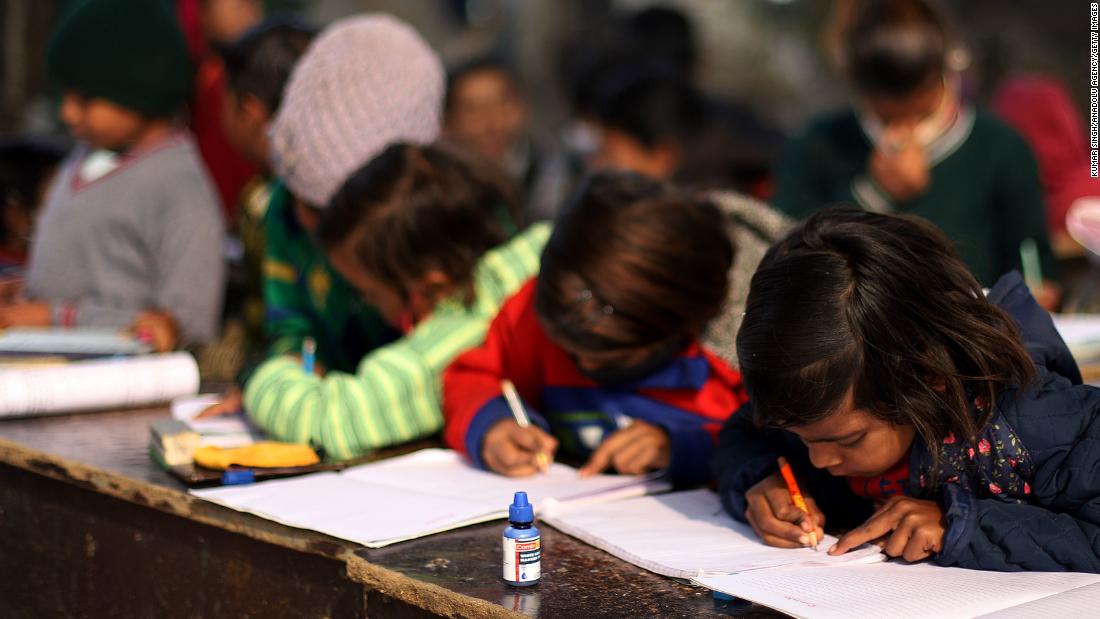


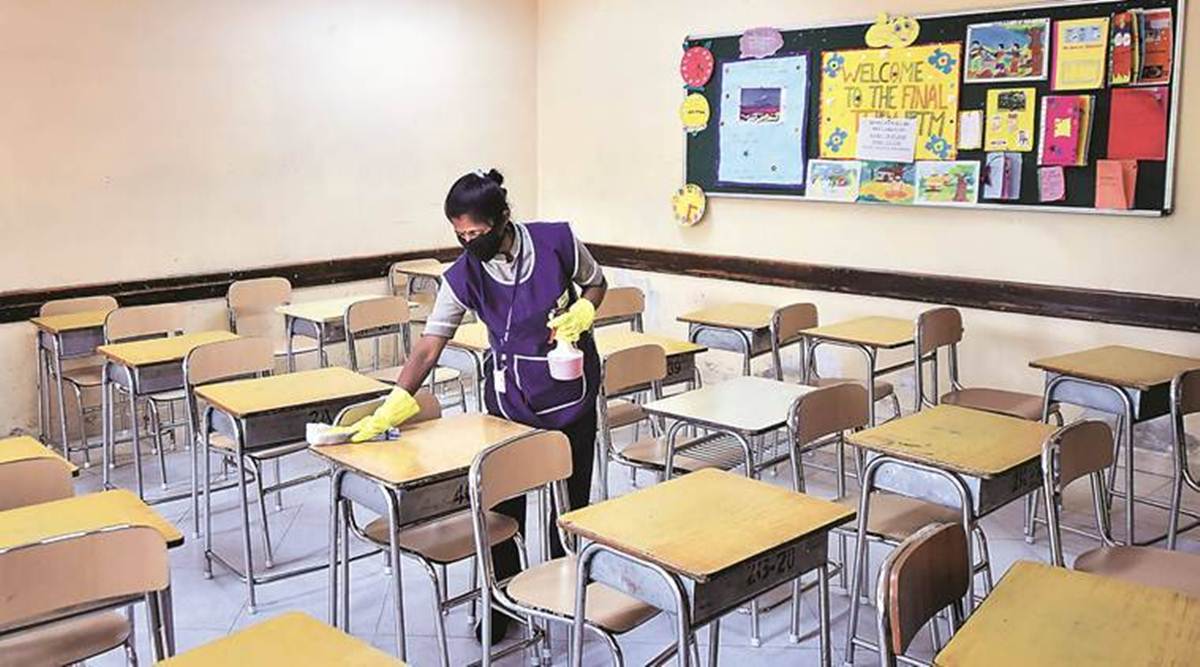
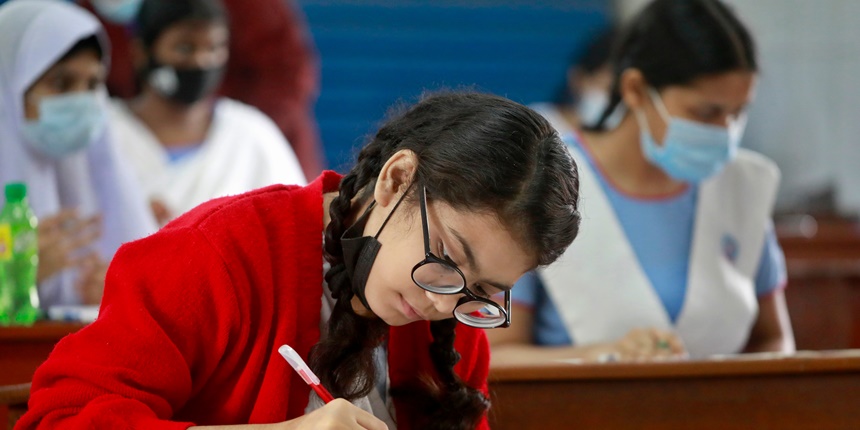


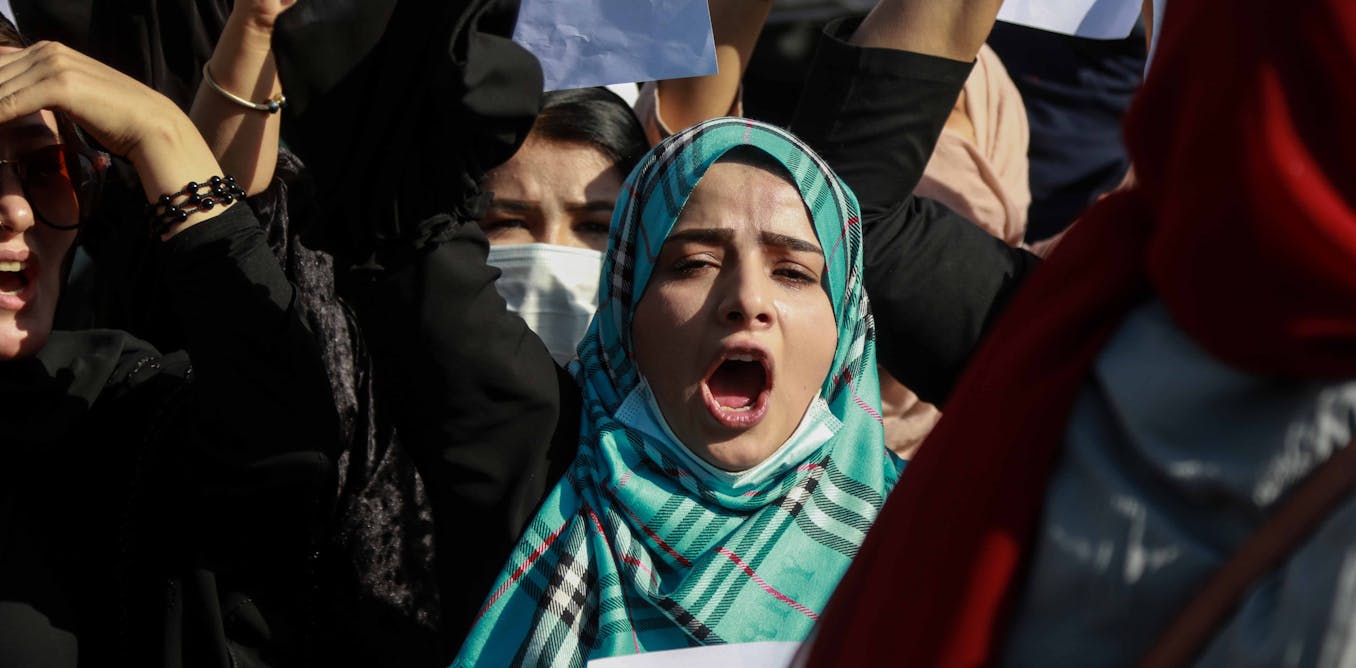




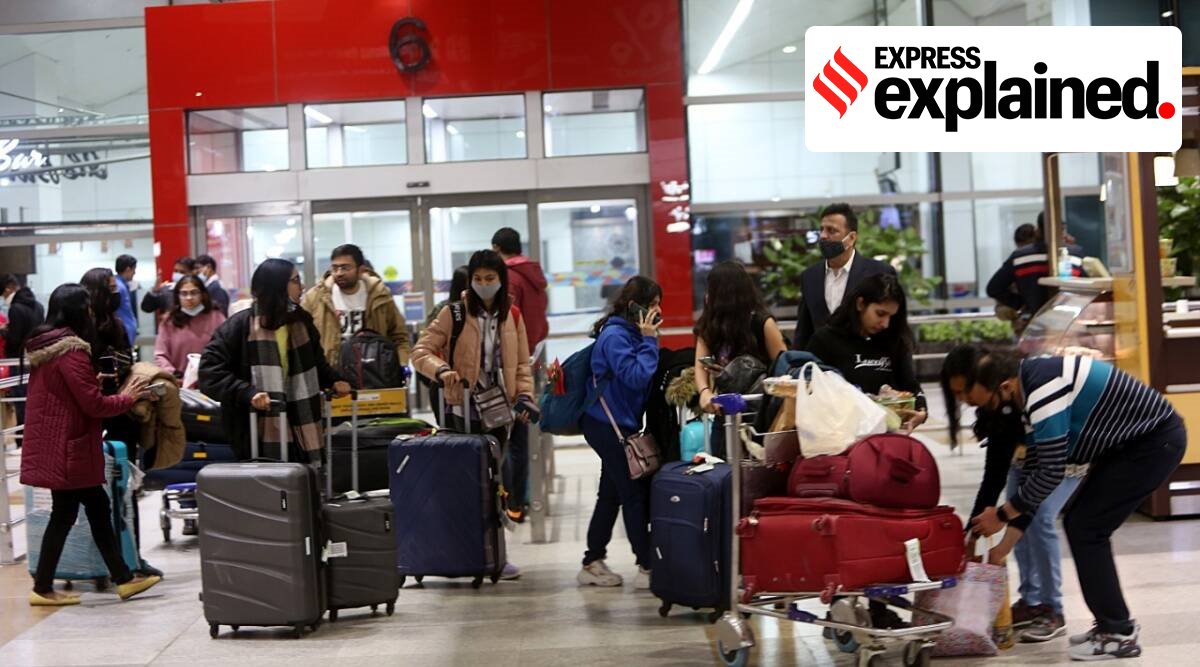

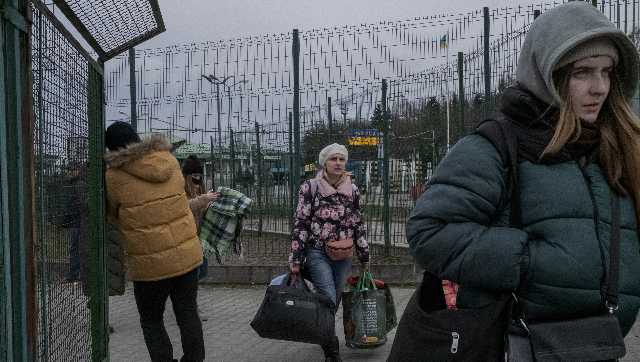
/cloudfront-us-east-2.images.arcpublishing.com/reuters/UYWGW76YH5JKTJB2WCVTBGCDDI.jpg)



















 might be?](https://sk0.blr1.cdn.digitaloceanspaces.com/sites/1394/posts/714526/dbc8de4c-5c50-411f-aba0-55cfb74a692d.jpeg)

Write a comment ...